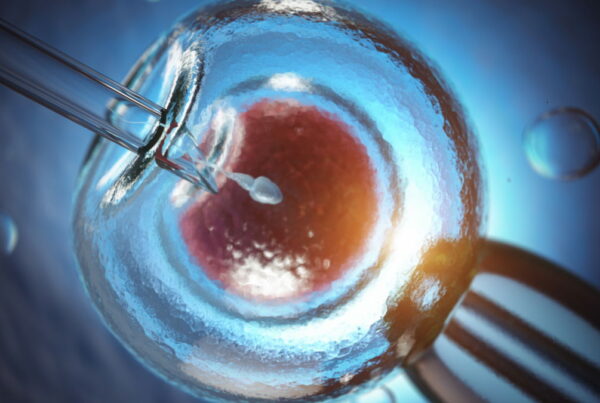Couples who have engaged in unprotected intercourse for 12 months without achieving pregnancy may seek in vitro fertilization (IVF) treatment at health centers. Before starting IVF treatment, several tests, examinations, and checks are conducted. If no issues are found that would prevent IVF treatment, the process can begin. IVF treatment occurs in various stages.
In the first stage of the treatment, medication is administered to control the woman’s eggs. Women self-administer these medications, which are used to ensure ovulation occurs at the appropriate time, thereby controlling premature ovulation.
After the eggs have been regulated, the next step is to stimulate and increase the number of eggs. The most critical factor in achieving success in IVF treatment is the multiplication of eggs and preparing them for fertilization. Following the initial medication for regulation, a second medication is introduced to stimulate the eggs. This treatment is administered through injections into the muscles or under the skin. The treatment lasts about 10 days, during which several doctor check-ups are conducted. The purpose of these check-ups is to monitor whether the eggs are being stimulated and to assess hormone levels. If the values are below the desired range, the dosage of the medication may be adjusted.




